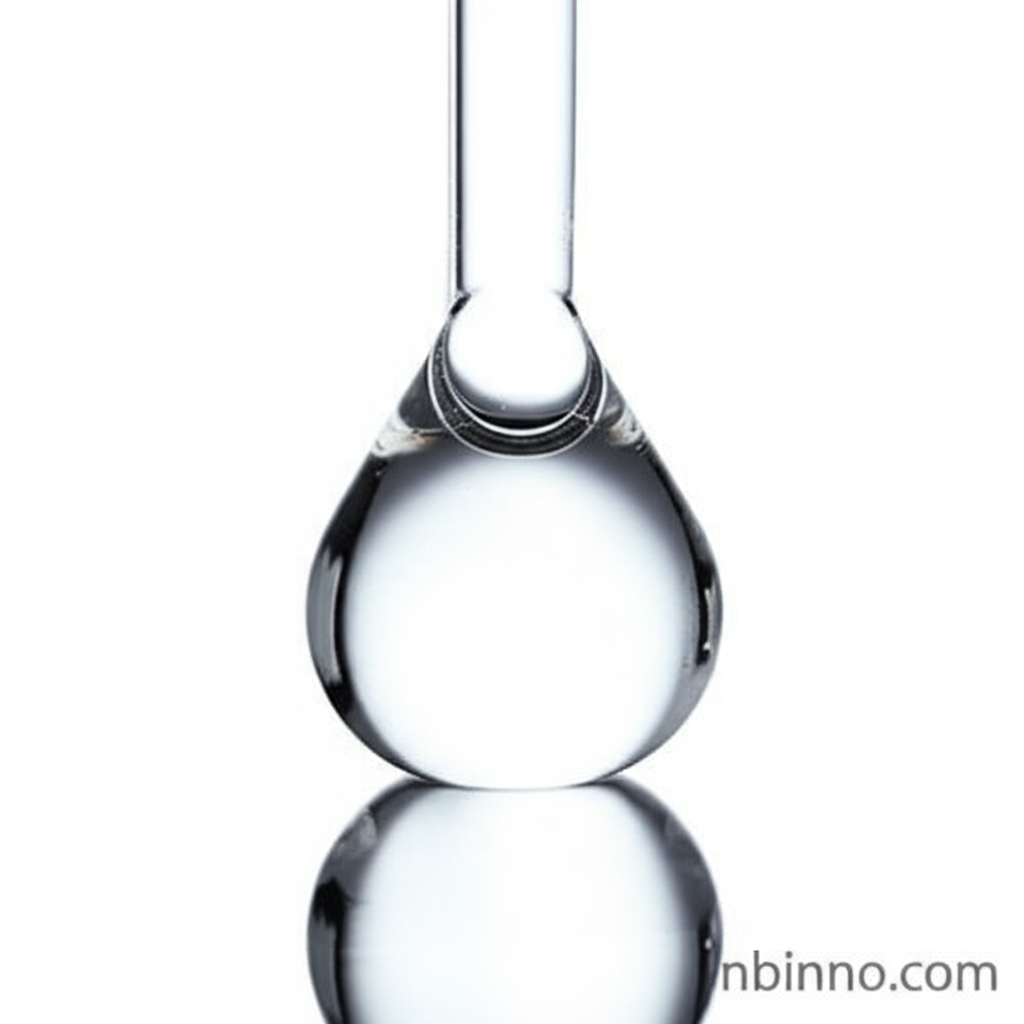Dibutyl Phthalate (DBP): Versatile Plasticizer for Industrial Applications
Explore the properties, diverse applications, and crucial safety considerations of Dibutyl Phthalate in modern industry.
Get a Quote & SampleProduct Core Value

Dibutyl phthalate
Dibutyl phthalate (DBP) is a critical industrial chemical renowned for its effectiveness as a plasticizer. It significantly enhances the flexibility, durability, and workability of a wide array of materials, making it indispensable in numerous manufacturing processes. Its versatile nature allows it to be incorporated into plastics, paints, inks, and adhesives, improving their performance and application ease.
- Explore the diverse dibutyl phthalate applications in plastics, enhancing polymer flexibility and resilience for various industrial uses.
- Understand the key dibutyl phthalate properties, including its chemical structure and physical characteristics vital for its performance as a plasticizer.
- Learn about the widespread dibutyl phthalate uses in sectors ranging from automotive interiors to consumer goods, showcasing its broad industrial impact.
- Investigate the role of dibutyl phthalate in cosmetics, noting its historical use and the increasing regulatory scrutiny it faces in this sector.
Advantages Offered by the Product
Enhanced Material Flexibility
DBP significantly improves the pliability of rigid materials, making them more workable and adaptable for complex designs and applications, a key aspect of its dibutyl phthalate uses.
Improved Product Durability
By increasing elasticity, DBP contributes to the longevity and resistance of finished products against stress and wear, a crucial benefit in dibutyl phthalate industrial applications.
Versatile Formulation Component
Its compatibility with various resins and polymers makes DBP a flexible component in formulations for paints, inks, and adhesives, facilitating easier application and better finishing.
Key Applications
Plastics Manufacturing
A primary application involves using DBP as a plasticizer in polymers like PVC, enhancing flexibility for products such as floor coverings and car interiors, as detailed in dibutyl phthalate properties.
Coatings and Inks
DBP is utilized in the formulation of paints, lacquers, and printing inks to improve their flow, adhesion, and gloss, contributing to better finishing in these products.
Adhesives and Sealants
It enhances the pliability and bonding strength of adhesives and sealants, making them more robust and adaptable in various construction and manufacturing contexts.
Cosmetics and Personal Care
Historically used in products like nail polish, DBP's role in cosmetics is declining due to dibutyl phthalate safety concerns and increasing regulations.
